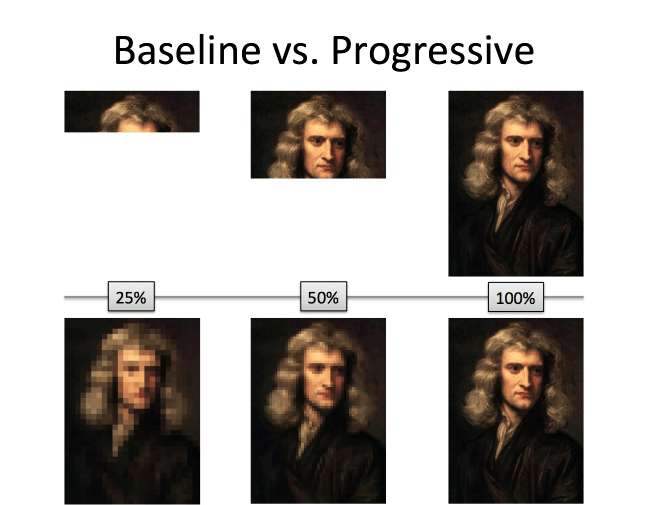Learning and developing intuition

I'd like to propose that learning is a process of seeing the world more clearly, and that to do so, developing intuition may be more important than memorising facts. And certainly more fun, too. I may not get the best grades - I didn't drill as many questions as I should have, and spent too much time on easy questions - but I performed well on "curveball" questions that tested concepts. I also preferred learning concepts over drilling questions, so this served me well. Below are some tips for developing intuition for the world.
Figure out where you make repeated mistakes
If you realise you are always making the same mistakes in understanding or in the same type of problems, then that means you are probably missing a fundamental understanding of the topic.
Carve out a few hours to think
When it's something particularly gnarly that I can't figure out, I like to sit with myself and focus on understanding it from the first principles. That is, the first building blocks of the problem. For example, I really struggled with quadratic equations in secondary school, especially factoring them and expanding them. To develop intuition for it, I slowly worked out many, many examples by hand, refusing to use the teacher's shortcut because I didn't understand it. Once I had my own understanding, I developed my own method to handle quadratic equations that I understood.
Don't give up until you've understood the concept in your bones.
Discover patterns
Where can you find patterns that are repeated in different places? For example, in studying history you could group certain events together and thus develop intuition for how something could happen in the future. If you could chunk different concepts into a certain pattern, you can then easily slot new concepts into these patterns too.
Explain to yourself with analogy
If you can find an analogy for something, you probably understood it well enough. For electricity, people like to use water to show the flow of electrons from one place to another. Aim to come up with your own analogies to help your understanding.
Practice
If it's for an exam, you could now focus on practicing, and find that the questions become easy much quicker. Or, if you find that you have no intuition for something at all, you could practice first. For example, practice is how I learned music scales. Scales are basically a group of notes that sound similar no matter where on the keyboard you start with. They can be grouped into two main groups, major and minor. I practiced each different scale in many variations on the piano over and over. As a result, I got very familiar with how each of the main two groups should sound like. Now when I play any scale, I just make sure each scale sounds like the main group it belongs to, and can correct it when I play wrongly.
Find out how other people explain it
If you could have someone explain the concept to you, it may help you understand it faster. That someone doesn't have to be your official teacher; seek out alternative explanations if nothing makes sense. But I'd still encourage you to internalise this, by extending it with your own examples or adding your own spin on the topic.
I like this website for developing intuition for math:


